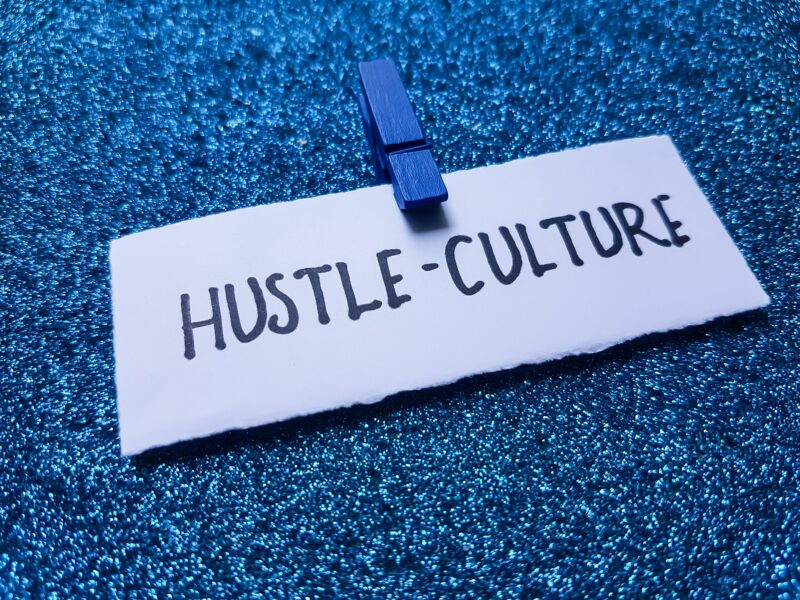One of my first experiences with workplace incivility happened when I was a paralegal before going to law school. The partner I worked for got upset when I switched the order of two documents in a binder. I can still vividly remember both the spittle and the expletives tumbling out of his red-with-anger face. After law school, I interviewed with the vice-president of a large organization, and he spent the entire interview checking his email. Each is an example of workplace incivility, though on very different ends of the spectrum.
Think of the last time you encountered a jerk at work. How did you handle the situation? Two popular approaches – avoiding the person or confronting the jerk directly – are often unsuccessful according to surveys by workplace incivility expert, Dr. Christine Porath. She found that more than 85% of people who chose to either avoid or confront a jerk were disappointed with how the situation ended.
Now that I study burnout in organizations and its impact on employee engagement, I am frequently pulled aside by participants after workshops to have CIA-like, “hushed” conversations about how to handle jerks at work. According to Porath, there are specific ways to stay resilient when you work with jerks, and the most sustainable way is build your workplace thriving in the following ways:
Focus on cognitive growth. One of the most effective ways to build mental strength is to track your progress and growth through small wins as small positive (and negative) events act like tiny psychological booster shots. Interestingly, you can see a mental toughness payoff at work by focusing your development efforts outside of work too – like taking on a challenging new skill or hobby. My favorite mental strength question is this one: “Where do I have a measure of control, influence or leverage in this situation?” This question often helps me see that I play an active role in influencing the outcome of a situation.
Work with a mentor. Later on in my law career, my mentor became an invaluable resource to help me manage certain toxic personalities at my law firm. Mentors can help you navigate the political landmines that may exist, particularly if the jerk is your boss or another prominent member of the organization.
Manage your energy. Doesn’t the world just seem more unfriendly and combative when you’re low on energy? Busy people often don’t realize the importance of tracking energy – the tasks you do and the people you encounter every day, both at work and outside of work, that either build your energy or drain your energy. According to Porath, exercise and sleep are two of the best ways you can manage your energy, and sleep is especially important. She states that, “a lack of [sleep] increases your susceptibility to distraction and robs you of self control; makes you feel less trusting; more hostile, more aggressive, and more threatened even by weak stimuli.”
Connect to the meaning. Developing more meaning at work is closely tied to these three behaviors: prioritizing trust and respect (hard to do when incivility exists); incorporating more autonomy (feeling empowered and having a sense of control over your time and work choices); and having a clear idea of how the organization functions and your place in it. Organizations need to prioritize meaning in the same way they prioritize the bottom line.
Spend time cultivating positive relationships. According to Porath, negative relationships have a four to seven times as much impact on an employee’s sense of thriving as compared to high-quality, positive relationships. Positive relationships are built on a foundation of trust, empowerment, engagement, and fun or play.
Nearly 98% of workers have experienced uncivil behavior and 99% have witnessed it. Simply put, if you work, this is an issue you will encounter. Rather than avoid or confront the jerk, use one of the strategies to help you build your resilience and thriving. How do you handle incivility at work?







